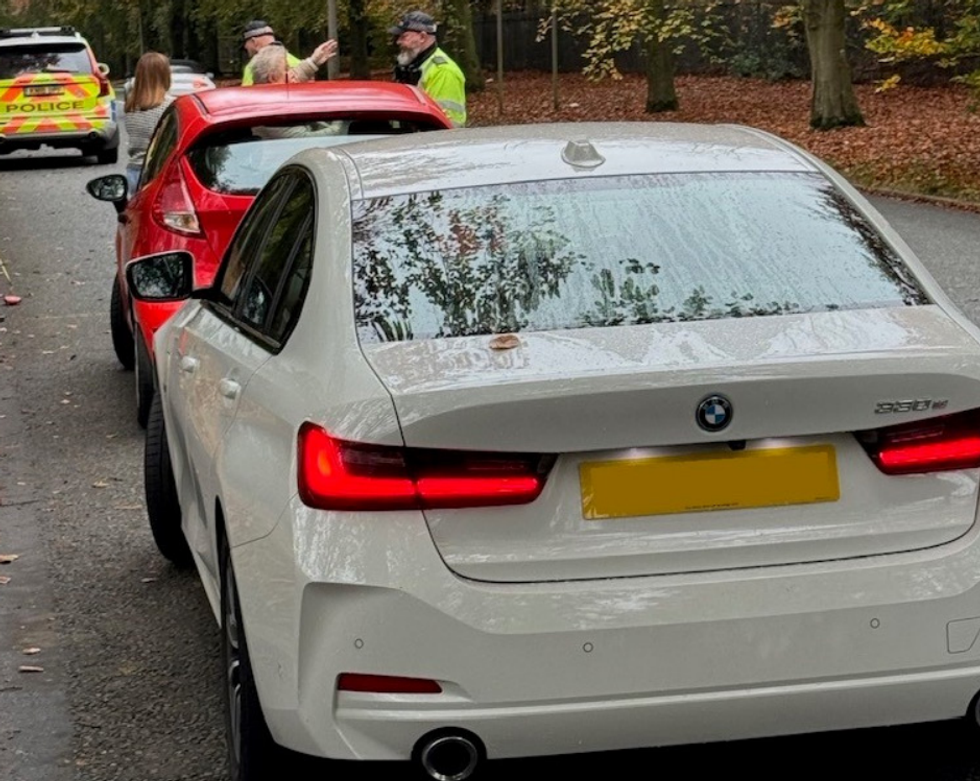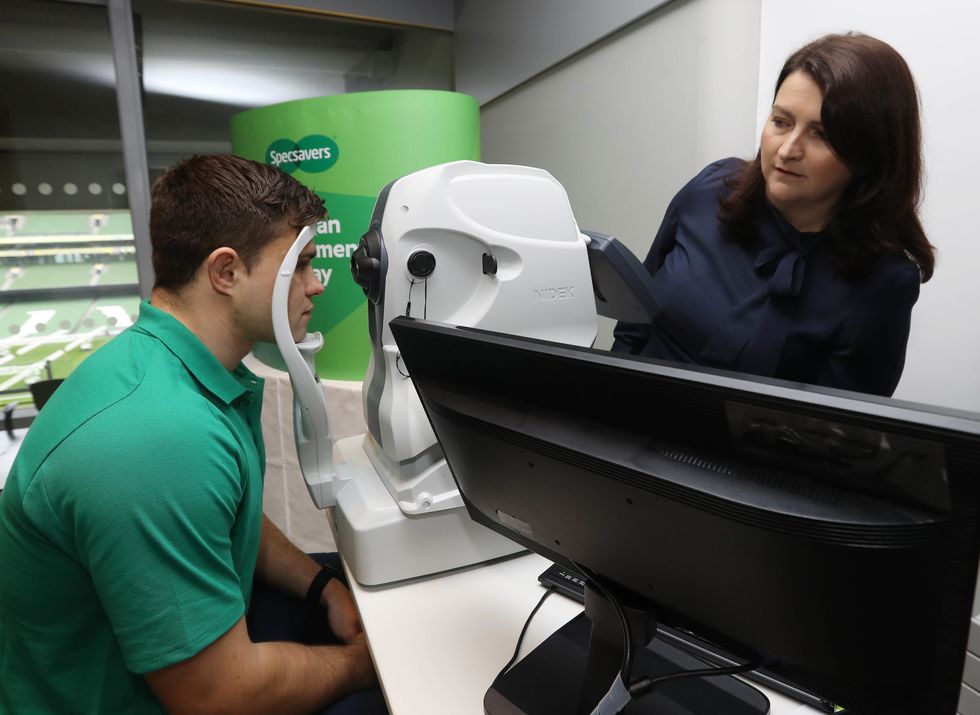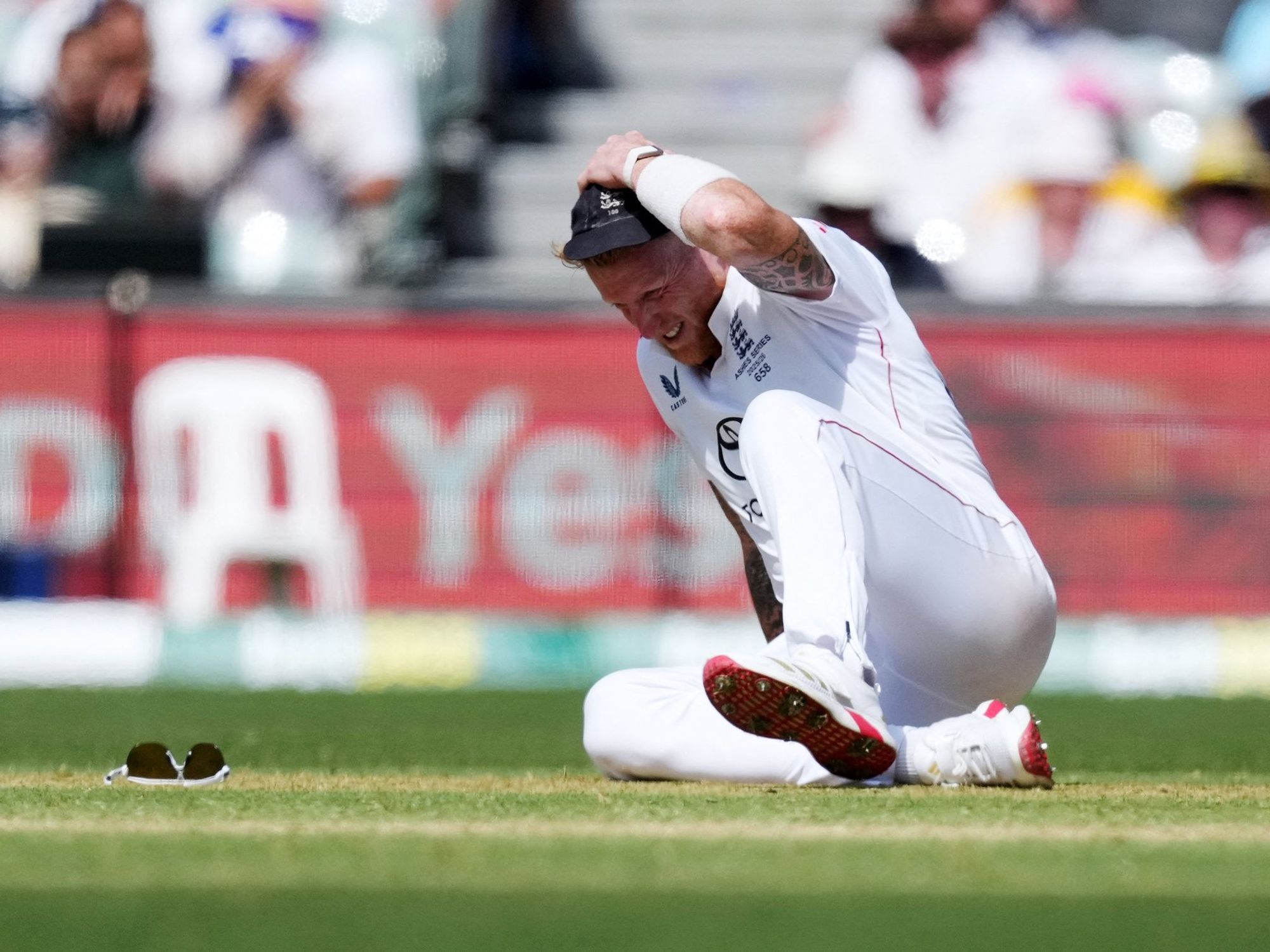Thousands of elderly drivers with ‘defective’ eyesight risking immediate licence ban - 'Essential!'

Roadside tests found more than 700,000 drivers with poor eyesight
Don't Miss
Most Read
More than 700,000 drivers are believed to be breaking rules after a national campaign caught out thousands of drivers with experts now calling for urgent eye tests.
The report follows a study by the University of Warwick which analysed police data to find that 720,000 drivers have “defective” eyesight when the data was extrapolated to all drivers.
It revealed that police forces across England and Wales conducted over 3,000 number plate eyesight checks. The data found a shocking 1.7 per cent failed the test, a further 3.2 per cent received police warnings and 1.4 per cent had their driving licence revoked, with 38 people losing it immediately.
The research was collected during the “largest-ever” UK roadside screening campaign held by police which took place last month.
Do you have a story you'd like to share? Get in touch by emailing motoring@gbnews.uk

Police reports found 10.2 per cent of drivers aged between 81- 90 failed the tests
|MERSEYSIDE POLICE
Dr Carol Hawley, of Warwick Medical School, who authored the report said: “While most drivers passed, 96 required eyesight-related advice, and 50 drivers failed outright. Of these, 50 per cent avoided a driving ban only because they had corrective glasses available to pass a second attempt.”
However, the report did find a higher failure rate of eyesight tests among older drivers, with 10.2 per cent of motorists aged 81 to 90 being caught out for poor eyesight.
Car insurance expert Rhydian Jones at Confused.com explained that having regular eye tests is “essential” in keeping roads safe.
He added: “There is expected to be an introduction of roadside eye tests. This could mean drivers are asked to read out number plates on the side of the road. And this doesn’t just affect older drivers, but all road users."
Under UK law if a driver fails the test, they could be issued a £1,000 fine or receive penalty points, but in more severe cases they could even be disqualified from driving.
“To make sure you don’t get caught out, drivers should always remember to have yearly eye tests,” Jones stated. “And if you feel your eyesight has changed before your due your next test, it's good to book an appointment anyway and get it checked quickly.”
The eyesight tests consist of being able to read a number plate from 20 metres away as well as meeting the minimum eyesight standard for driving by having a visual acuity of at least decimal 0.5 measured on the Snellen scale.
David Cartwright, optometrist and chair of Eye Health UK warned that 90 per cent of the information needed for driving is visual. He said: “Even minor reductions in vision can impair reaction times, hazard recognition, and contrast sensitivity. Regular eye tests are essential to ensure safety on the roads."
The report also found that over a third (38 per cent) of vision failures were discovered through voluntary testing by drivers.
Rob Heard, founder of the Older Drivers Forum, added: “This report underlines the need for regular sight tests to ensure driving safety and detect medical conditions that could impact vision.”
Almost two-thirds of the drivers who were stopped by police during the roadside checks were male (1938, 64.4 per cent) with drivers’ ages ranging from 25 to over 90 years of age.
Chief Constable Jo Shiner, National Police Chiefs’ Council Lead for Roads Policing stated that ensuring vision meets the legal standard is “vital for the safety of all road users”.
LATEST DEVELOPMENTS:

The survey highlighted the importance of getting regular eyesight tests
| PAThe survey was conducted by the University of Warwick, in collaboration with the NPCC, the Older Drivers Forum, and Eye Health UK.
Cartwright added: "Having regular eye tests, every two years or sooner if you notice a change in your vision is essential to keep you and other road users safe. It’s also vital to wear any vision correction prescribed for driving every time you get behind the wheel - even if you’re just ‘popping to the shops’."










